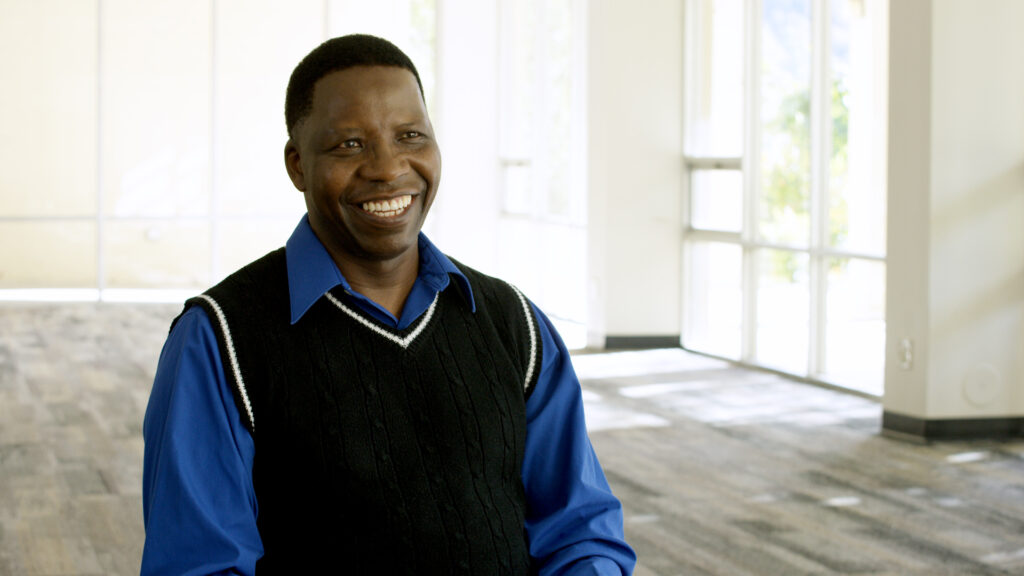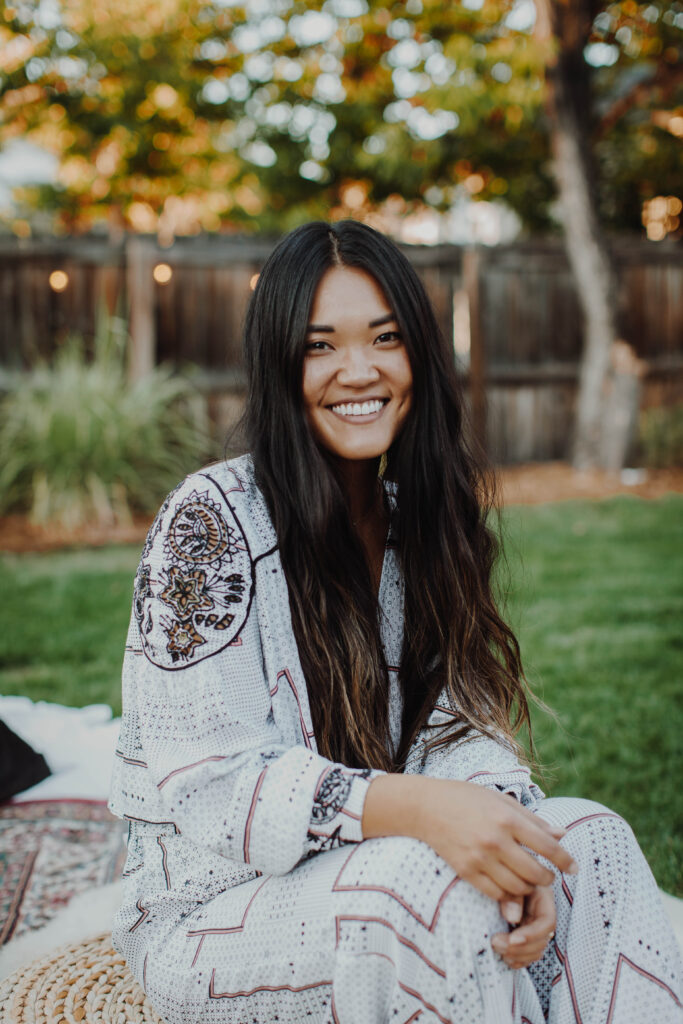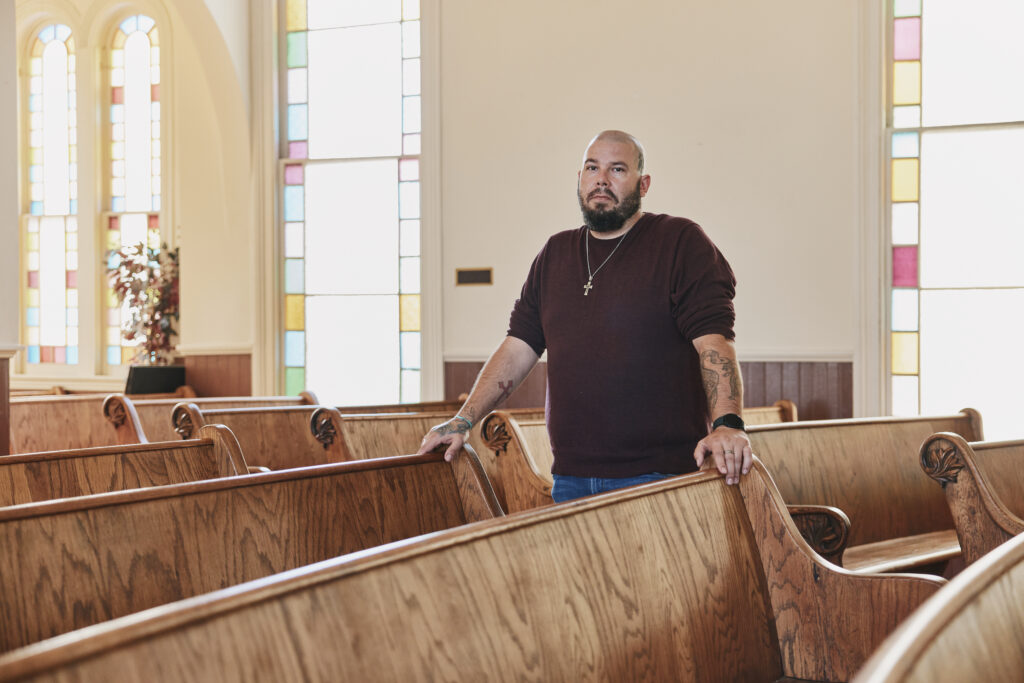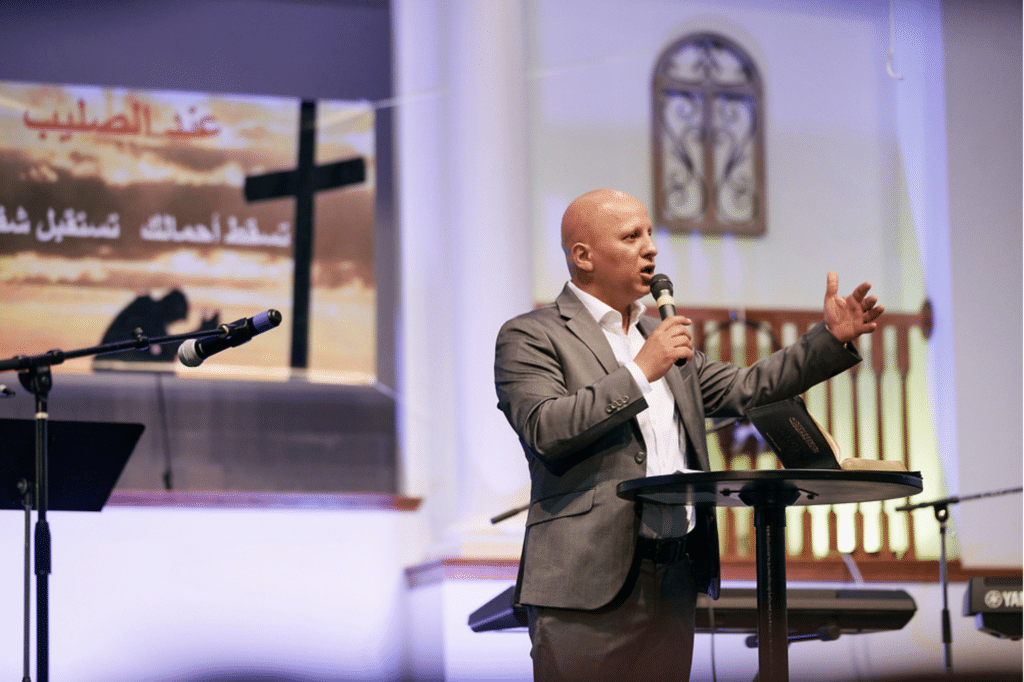
It wasn’t uncommon to find Vicky Safadi sitting across the table from another woman, hands cupped around mugs, nursing their tea. After all, it was customary for women back home in north Africa to welcome guests into their home for the warmth of tea and the comfort of conversation.
But things were different here in the U.S. — particularly in Cincinnati. Many Arab women in Vicky’s community worked long hours during the week, leaving their weekdays too full for visits.
“Here, a lot of ladies really appreciate when they feel they are loved and there is someone who cares about them,” she said. “But you need to wait for the weekend to have tea and talk.”
Whether it’s the weekend or the weekday, this is how Vicky and her husband Amer live their lives — inviting people into their home, sharing their lives and Christ.
They moved to Cincinnati in 2019 to continue this trend and to plant an Arabic-speaking church. They started working with the English as a Second Language program at their sending church, Lakota Hills Baptist Church, which became the groundwork for their future church.
“The English as a Second Language program grew exceptionally. We have about 200 adult students and their families, 30 different people groups — many Arabic speaking,” explained Travis Smalley, the lead pastor of Lakota Hills Baptist Church. “We start praying, ‘God, would you give us someone we can just turn loose on that people group, either to plant a church or start a small group?’ Then Amer called me out of the blue and said, ‘God has called me to plant a church in Cincinnati.’”
December 22, 2019, Amer and Vicky planted their church and had 22 people at their first gathering.
“We started praying for more people and God connected us to other people. We experienced what the Bible says — that ‘God added to their number every day,’” said Amer, the lead pastor of Arabic Church in Cincinnati.
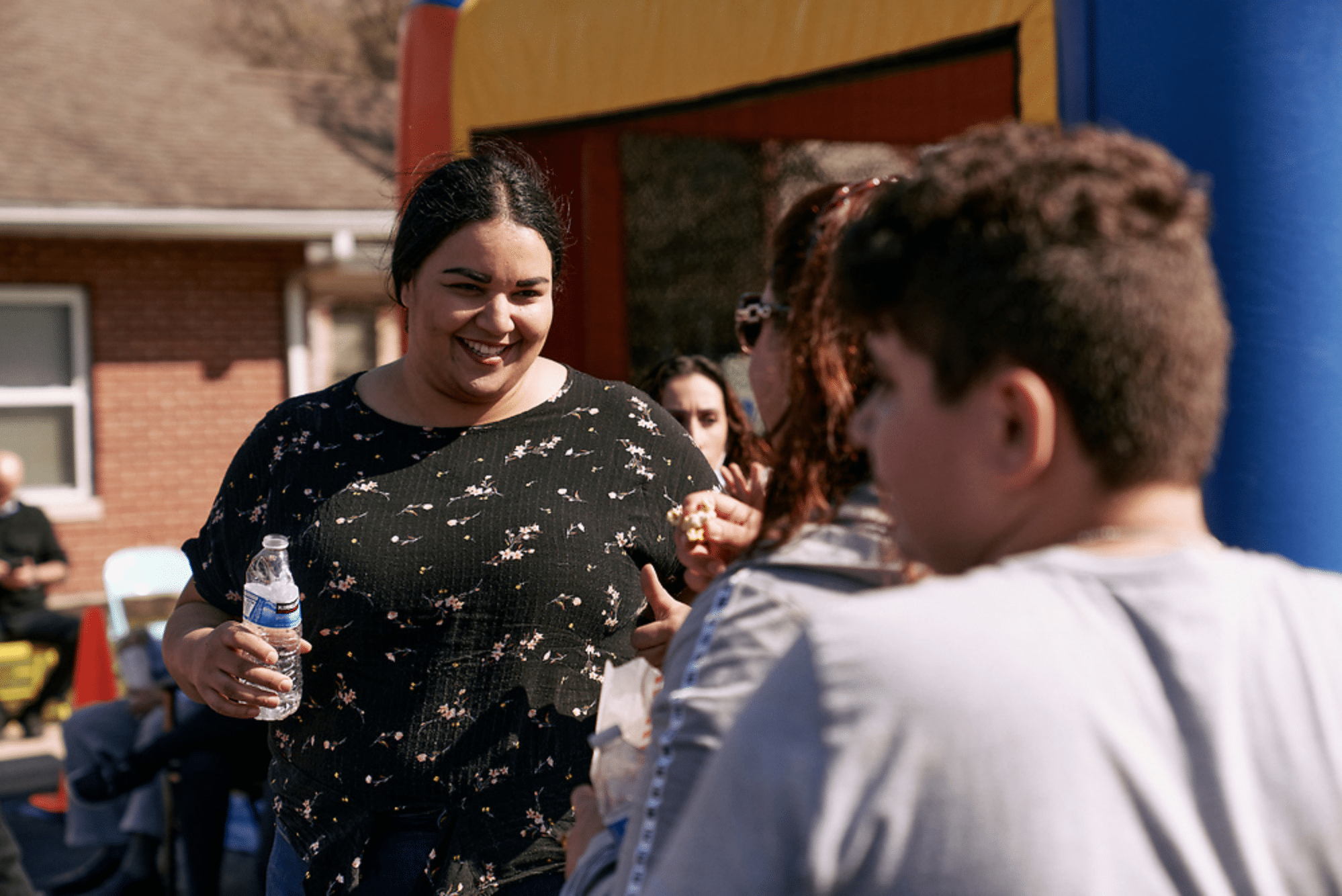
use long-distance livestreams and in-person hospitality to share the gospel.
Within three months of planting their church, they had 55 Arabic-speaking people from eight countries. Around that time, Vicky met a 30-yearold woman and her mother, a Muslim woman. One day, Vicky commented on the mother’s sad disposition, and the woman began crying.
“I asked what happened, and she said she lost her son three months ago in a car accident. I asked if I could pray for her in Jesus’ name, and afterward she said she felt peaceful. She ended up coming to a Saturday service followed by a meal,” said Vicky.
“She started coming weekly, until the COVID-19 pandemic. Then we closed the church and stopped in-person gatherings.”
The coronavirus pandemic slowed everything down, except God’s mission. Like many churches, Amer and Vicky’s church started livestreaming their services, reaching a broader audience with
the gospel—and in their case, a broader Arabic-speaking audience.
“People think COVID wasn’t good for churches, but I think it was a great opportunity for churches. Our livestream started small, then we thought, ‘why not share it with other Arab countries and use it to reach them?’ God has used it to reach a lot of people, and now our livestream has had up to 35,000 views at points,” said Amer.
They’ve received emails and Facebook messages from closed countries asking questions about the good news they’re hearing through livestream. The Safadis’ ministry is producing lasting fruit among Arabic-speaking peoples, here and abroad.
Whether it’s over a cup of tea or an internet connection thousands of miles away, their life is one of generosity and authentic care for others. And wherever they are, they take the gospel with them, eager to share Christ in their heart language.
Published February 28, 2022

